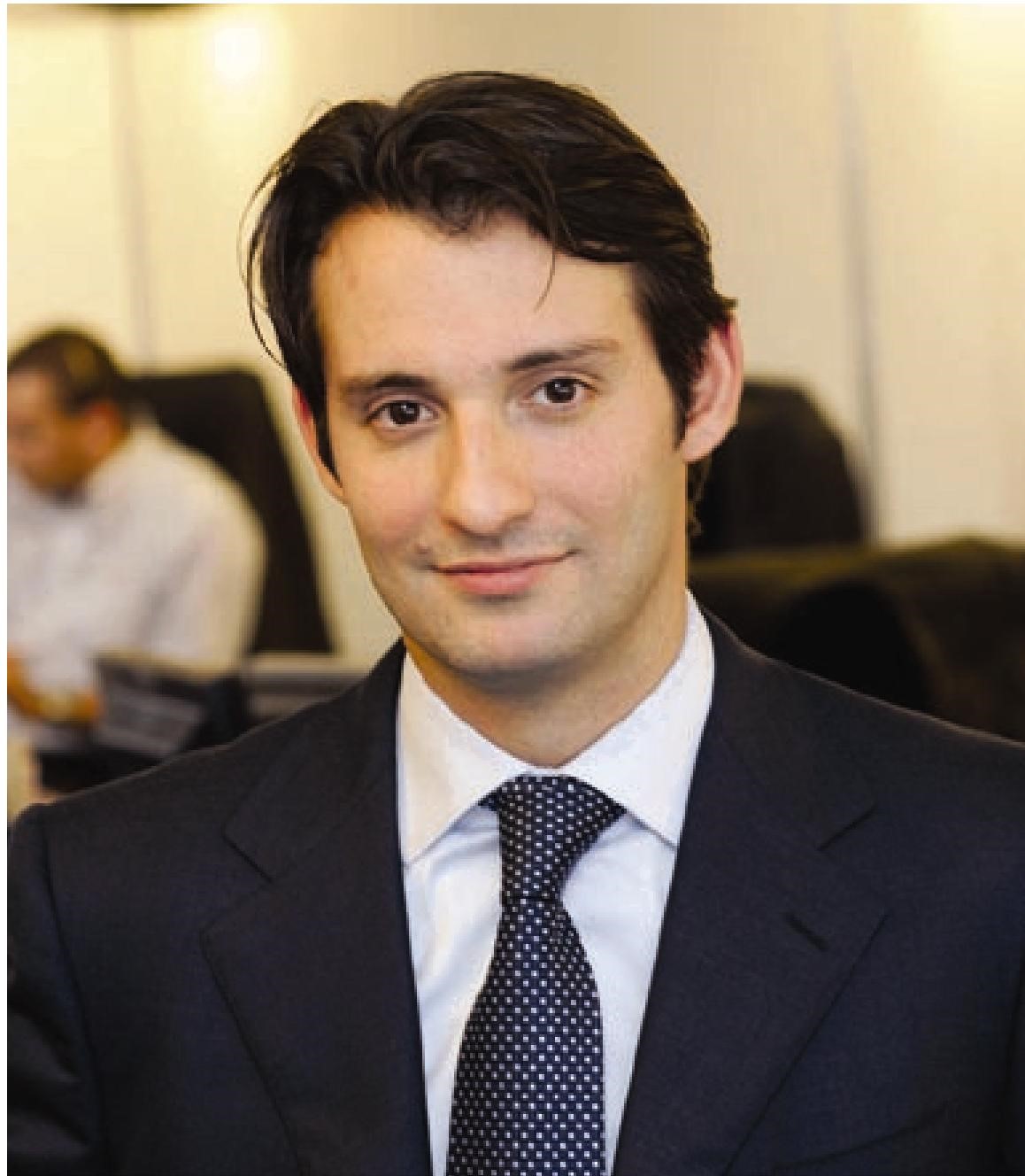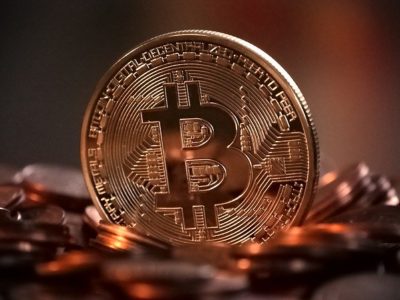
Trading places with Nick Bang
In recent years Forex trading has become a more widely used trading instrument and is now not just the domain of institutions and corporates. Advances in technology through the Internet now means it’s easily accessible for anyone who wants to trade. Nick Bang, managing director, of online Forex platform ACM, gives Ruth McKee an inside view.
A startup in 2002 between three Swiss business partners and friends, ACM says it is now the world’s largest online Forex brokerage, and has 60-70,000 daily visitors to their site. The company recently opened up a representative office in Dubai to cater for both institutional and private customers in the region.
Nick Bang career, prior to founding ACM, involved banking and finance and foreign exchange trading, holding senior positions at National Bank of Canada’s equity brokerage division, and positions in a variety of foreign exchange and futures dealerships.
Is foreign exchange trading becoming a more popular instrument?
It is still very much a niche market. Awareness of foreign exchange is growing very rapidly in the region and elsewhere. But not everybody is suited to trading, and it really depends how you want to trade.
How significantly have the advancements in technology impacted on Forex trading?
A few years back foreign exchange began to shift from being a product that was mainly an institutional product traded between institutions and corporates to a product that is now available online to anybody who wants to trade, invest or speculate in a very easy and efficient way. Back then the transition was starting to happen because of the popularisation of the Internet, which changed things completely for financial products in general. We started noticing that people didn’t want to trade foreign exchange by phone any more, and the shift was beginning to go completely online.
The kind of technology that online foreign exchange brokers offer their customers is far superior that which you would have in stock trading. There are platforms for everything of course, but it is the newest, most developed technology that makes it a very flexible trading experience for the customer.
Nick Bang, tell me about your white labelling product?
White label is the main institutional product of ACM. It’s essentially a branded duplicate of our platform, which we put at different banks and brokers disposal who want to offer online foreign exchange trading to their end customers. The idea is that we brand the platform, duplicate it, put all the different tootls at their disposal and then they redistribute the trading platform or platforms to their end customers so they can trade foreign exchange with the bank. It’s a very appealing project because there is basically no cost, no expenses, no risk to it. The bank can make money from it and it has a tendency to create very high volumes, indeed multiply their existing foreign exchange volumes.
What are the benefits of trading Forex over other instruments?
If you have a situation where the stock markets have plummeted, there has been a shift of focus to different instruments, foreign exchange being one of them. Forex is a product that is independent of market direction.
Quite often, if you are holding comms stock, and the market starts going down and the economics of the market have it that the actual index is negative, the chances are you won’t be able to make any money in the best of cases. You probably will be losing money on whatever stock you are holding. Foreign exchange is completely different. It moves independently of this and you can have different types of instruments; basically mix any currency pair that you like.
The kind of structure you have in foreign exchange trading is really far superior to any other financial product for a number of reasons. One is liquidity. Foreign exchange has about 32 times more liquidity than all stock markets combined. There is about $1.5 trillion traded on a daily basis. That means that when a client wants to trade FX, he can get an execution immediately at his price. That’s 99% of the time, except when you have extremely volatile markets. That is not the case with a lot of other instruments. Afterwards you have transparency of pricing. In FX everybody knows, in spot at least, where the price is. And then there are margins, customers can basically trade any way they see fit. They can be very speculative or invest money long term. It’s up to them to trade the way they want, but they can have up to a 100:1 leverage, or one percent margin. Essentially, a guy with $10,000 in his account could trade up to $1,000,000 as a position. It’s highly leveraged, and if someone wants to use that leverage, it’s possible. Liquidation occurs on the same level of leverage.
In futures, quite often you have the kind of margin requirements that are relatively high, and of course if a customer has an open position and the market starts going against him, his broker is going to give him a margin call early on. In foreign exchange the actual liquidation level is the same as the full capacity 100:1 leverage, so that really does give customers a lot of space to hold positions in the market especially when the market is moving inversely to their open position. Then there is the absence of commission. FX is dealt with in a very tight spread scenario, and has zero commission, so customers don’t pay anything per se to trade foreign exchange as far as actual commission is concerned.
What are the various trading preferences of clients, and what are their typical profiles?
We have clients that trade foreign exchange outright, which means they use zero leverage and just hold positions for long term and invest in the price of Euro or USD and make a few trades a year. Foreign exchange is not necessarily suited to everybody because you need to have a certain level of understanding of the market to trade it and a lot of people do not necessarily have that. We do tend to say if you can trade on the stock market and understand that, you can also trade foreign exchange. So it is open to a very wide public and as it gets popularised, the market does grow and has been doing so very aggressively.
A couple of years ago we had some information regarding atypical customer. It would be someone between the ages of 35 and 55, generally a business owner, someone who is familiar with risk taking. This has broadened today, as FX becomes more accessible, transparent, competitive, and people become more aware of it. Today you have all sorts of people trading foreign exchange. Before you tended to have hardcore FX traders, only trading foreign exchange.
And the risks involved?
There is an idea that foreign exchange is an extremely risky instrument. It’s not really. Different comms stock can go down maybe 20–30%. If, for example, the price of Euro against the $ plummeted 30% in one day we would have a global crisis. If you look at the daily volatility of a main instrument in FX like Euro against $ you would see that the kind of daily volatility is something like about 50–70 bp per day. If you compare that with the actual base price, lets say 125, then that’s a very small percentage move, whilst you can have much larger and dramatic percentage moves in other types of investments and vehicles. At its base FX is not really all that volatile. What makes it risky is the desire of customers to use a large or relatively large amount of leverage.
Please tell me Nock Bang, what have been the main changes in Forex trading in recent years?
The main shift is that from being a very institutionalised instrument, basically interbank trading, today you have a situation where around 30% of foreign exchange volumes is starting to be retail based. This is enormous and a very important shift.
What is driving that shift?
Competitive pricing, transparency, technology and accessibility. People can open an account and start trading straight away.

